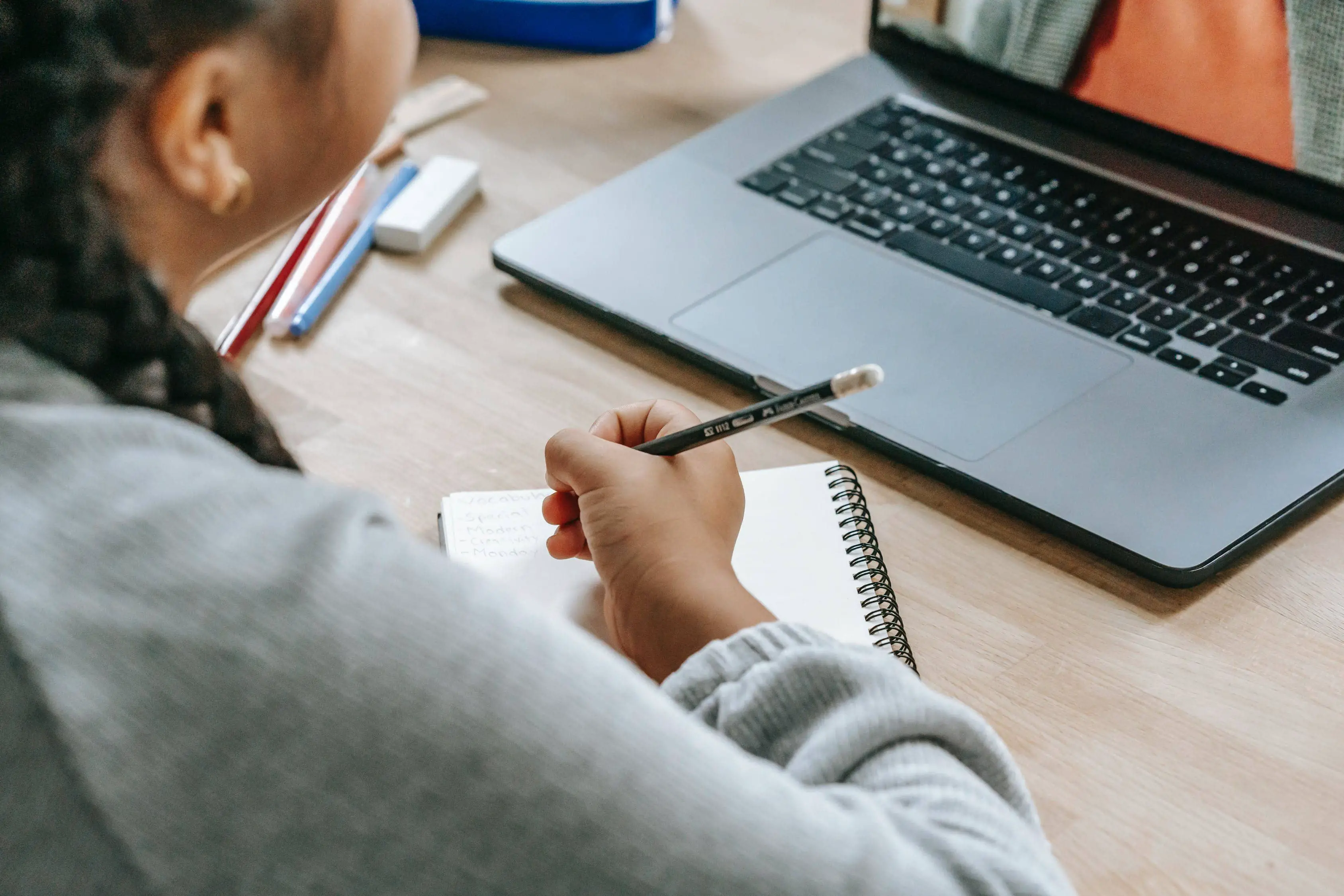Questions have been raised over what the Isle of Wight Council is doing to help children who do not have access to online learning as the country is in another lockdown.
With Covid restrictions now stopping the majority of children going to school, and with those restrictions expected to last until the end of the month at least, concerns have been raised about the growing disparity between the haves and have nots in terms of education.
Jones-Evans: 400 laptops handed out but 7,000 children in poverty
Speaking at a meeting of the council’s policy and scrutiny committee for neighbourhoods and regeneration last week, Cllr Julie Jones-Evans, for Newport Central, asked what was being done to support families, bridge the divide and if more could be done to provide broadband connections, as children cannot access their education.
She said:
“We have got awful incidents of child poverty on the Island. I had an email exchange with [Cllr Paul Brading, cabinet member for education] and he informed me 400 laptops had been given out but there are 7,000 children deemed to be in poverty on the Island.
“A report showed families at the lower ends of income are struggling the most, not only with their time, capacity and ability to help their children but also many do not have the equipment that is needed — working off their parent’s phones, eating up the data.
“It is very sobering but also very concerning. I have had my education, I had books, but now this is all different. This lockdown — the impact on our children’s education is absolutely terrifying for their futures.”
Hutchinson: Incredibly slow and unreliable broadband in villages
Cllr Stuart Hutchinson, deputy leader of the council and cabinet member for the Covid recovery, said he did not know the details and would ask Cllr Brading for more, but it was’somewhat difficult’ now as schools have more power, locally, and receive the funding, but thought schools may be able to identify families who need help and fund equipment through PTA means.
He said:
“We also have the problem where if you are living in towns you have quick broadband, but in many villages broadband is incredibly slow and unreliable.
“I do know that our teachers and education staff are trying to work hard on covering those points.”
Peace: Not going to happen overnight
Cllr Gary Peace, cabinet member for community safety and digital transformation, said, WightFibre rollout of broadband was not going to happen overnight.
Cllr Peace said there is not an ‘awful lot that could’ be done, but the authority would do all it could.
He said:
“This brings on to the argument going round as to why our children need to be in school — pandemic understanding and the fact we have a new strain of the virus — it is essential that schools operate in a Covid safe fashion and it is absolutely essential we get all of our children back into school as soon as we possibly can, not least because of their education needs but for their mental health and social wellbeing, that is where they need to be. That has got to be the critical priority.”
Use of laptops
The Department for Education has been providing laptops and tablets to schools to help access remote education and providing an Internet connection to disadvantaged children who need it. Families should contact their schools if help is needed.
Mobile networks, Three, Virgin Mobile, EE, Tesco Mobile, Sky Mobile and O2 are all offering schemes to temporarily increase data allowances for those who do not have home broadband, cannot afford the increase and have had a disruption in their education.
For more information, you can visit the Gov Website.
This article is from the BBC’s LDRS (Local Democracy Reporter Service) scheme, which OnTheWight is taking part in. Some alterations and additions may have been made by OnTheWight. Ed
Image: Katerina Holmes under CC BY 2.0





